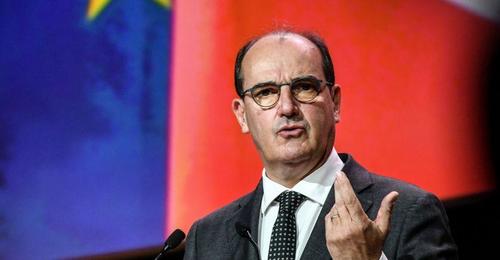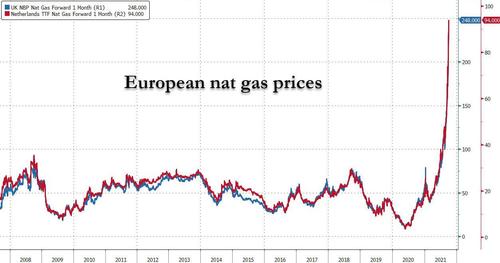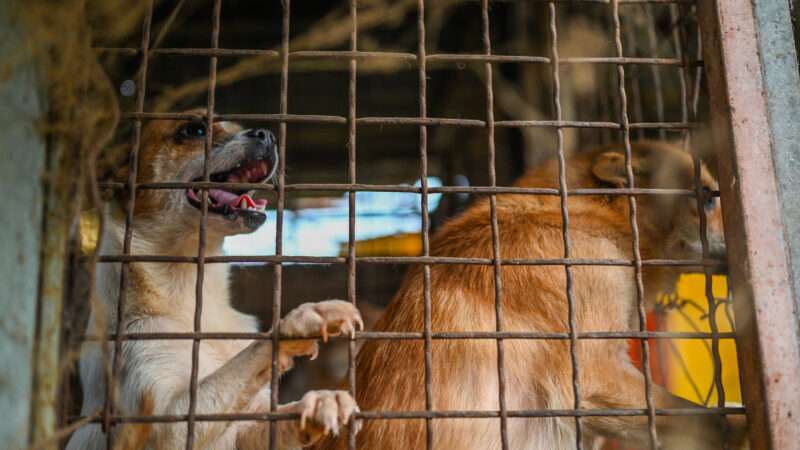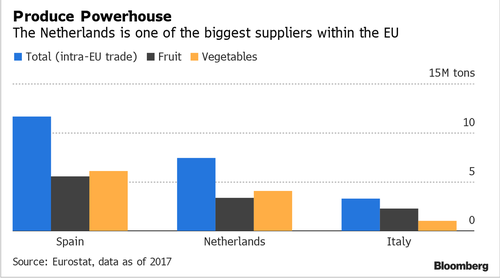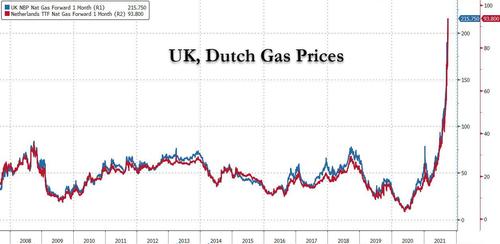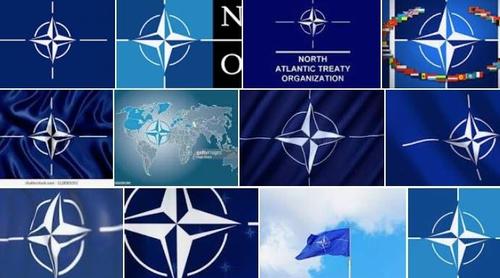South Korea’s president is considering a nationwide ban on eating dog meat, the BBC reported this week. Pres. Moon Jae-in, a pet lover and dog owner, says he’s contemplating banning the controversial practice because of declining consumption in the country.
The dramatic drop in consumption in South Korea, particularly among younger generations, may mean a ban isn’t needed. That said, declining consumption isn’t the same as little or no consumption. South Koreans still kill and eat up to 1 million dogs every year, USA Today reported in 2019, including Retrievers, Spaniels, and Saint Bernards.
South Korea is one of many countries with a history of eating dogs. Based on translated documents, Wikipedia notes that butchers, considered the “lowest class of society” in South Korea during a roughly 500-year period ending in the early 1900s, helped combat a “feral dog problem” by turning said dogs into food.
In a 2009 article, Good to Pet and Eat: The Keeping and Consuming of Dogs and Cats in South Korea, Cambridge University Prof. Anthony Podberscek notes that historically dogs were divided in parts of Asia, including Korea, into three groups: “hunting dogs, watchdogs, and food.”
As National Geographic reported during the 2018 Winter Olympics—which took place in Pyeongchang, South Korea—the government attempted to pay off several area restaurants that serve dog meat, asking them to halt the practice during the games. They found no takers. That same report noted that while Asian countries are often singled out for eating dog meat, history shows those countries have plenty of company outside Asia.
“[S]ome Native American groups were eating dogs thousands of years before Columbus landed in the New World,” National Geographic reported. More recently, Norwegian polar explorer Roald Amundsen, faced with a choice to starve or eat some of his sled dogs, survived to inform the public he found the dogs’ meat to be “delicious.” Notably, as of 2014, it was legal to eat dog in 44 U.S. states.
The tide in South Korea, meanwhile, has been turning against eating dogs for decades.
Seoul’s most popular dog-meat restaurant closed in 2014, Quartz reported, due to falling demand. “There are no young customers,” owner Oh Keum-il said of her reasons for closing the restaurant. Many of those young customers, Quartz noted, would rather own dogs as pets than eat them.
“The South Korean mindset toward dogs began changing in the 1980s and ’90s as the nation grew wealthier and Western influence increased,” that 2019 report in USA Today explained.
Animal rights groups, some based in Korea, have campaigned against dog meat for years, and have had some successes. Still, it’s unclear just how much support there is for a ban. While the BBC cites recent poll numbers showing roughly 7 of every 8 South Koreans have never eaten dog meat, Cambridge Prof. Podberscek found in his 2009 study that most South Koreans opposed banning dog meat.
The move away from eating dogs and toward raising them as pets could also be a way to further distinguish South Korea’s fundamental differences from its authoritarian neighbor to the north. Just last year, reports indicated people in North Korea were being forced to give up pet dogs in order to meet demand at local restaurants.
Years ago, in an appearance on libertarian Bob Zadek‘s radio program, a caller asked me to explain my position on whether or not eating dogs should be legal. I stammered through a response, noting it was a “third rail” issue and a “libertarian purity test,” offering a few ums and hmms and errrrrs, and settling on this: “If I would ever be okay with a law that would bar [eating a food], I would be okay with that.”
This time, without hemming and hawing: that’s my position. I am okay with that.
This isn’t the first food ban I’ve supported. For example, I’ve defended the U.S. government’s ban on finning sharks because that ban helps to conserve shark populations—sharks are both important to the overall health of the oceans and, in many cases, are threatened or endangered globally—while also conserving the right of people to eat sharks (typically in the form of shark-fin soup). I’m on record opposing anyone’s right to eat any endangered species. And I’ve hypothesized that if some genetically modified crop were to sicken or kill humans—while noting there’s zero evidence that has ever happened—the government could step in and ban that crop.
I don’t shy away from opposing bans of controversial foods, either. For example, I’ve advocated for lifting a federal ban on slaughtering horses for food in the United States, and have written many tens of thousands of words, including here, in favor of repealing foolish foie gras bans.
So what, if anything, makes dogs different? I will admit both that emotion plays a key role in my position—chances are I love your dog more than you do—and that emotion is rarely a good reason to ban something, or even to pass a law.
Slate‘s Will Saletan, in a 2008 column titled “Legalize Dog Meat,” pointed out the inconsistencies of supporting a ban on the slaughter of dogs but not, say, pigs, calling it “irrationality compounded by hypocrisy.”
My best attempt to rationalize a dog-meat ban is this: While humans domesticated wolves so we could hang out with them and let them protect us (or let us carry them in purses) instead of hunting us—effectively creating a deal between man and animal—cattle, pigs, and other livestock were domesticated so we could eat them.
It’s entirely plausible Saletan is right and I’m wrong. But I think we should honor the deal we made. Doggonit.

from Latest – Reason.com https://ift.tt/3l4BAGc
via IFTTT
